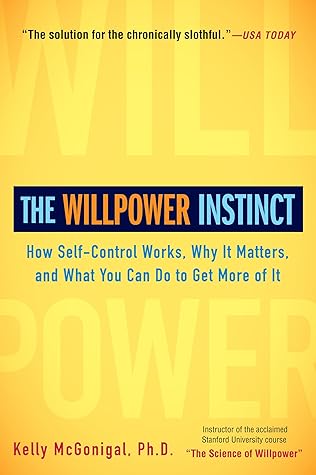In fact, neuroscientists now suspect that an underactive reward system contributes to the biological basis of depression. When scientists have watched the activity of depressed people’s brains, they’ve seen that the reward system can’t sustain activation, even in the face of immediate reward. There’s a little burst of activity, but not enough to create the full feeling of “I want” and “I’m willing to work for it.” This produces the loss of desire and motivation that many people who are depressed experience.
Welcome back. Just a moment while we sign you in to your Goodreads account.


